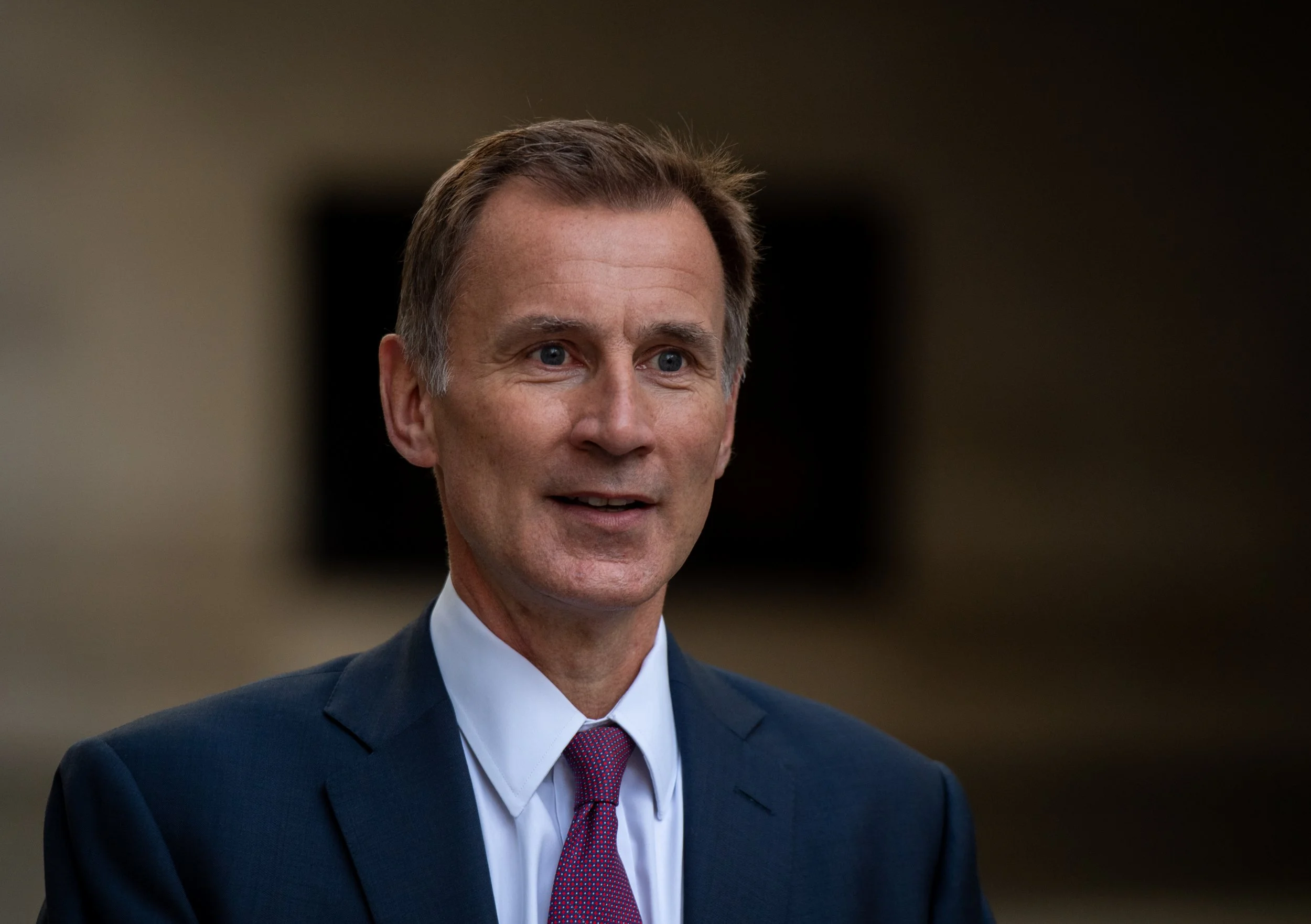Around one in six (16%) people who stopped or reduced their pension contributions over the past year did so because of a change in their employment status, representing around 1.7 million of the UK’s total of 45 million-plus retirement savers, research from ISIPP has revealed.
The survey also found that around half who cut back or stopped payments did so because they moved jobs, while the rest stopped paying into a pension because they were self-employed and no longer had a pension scheme.
However, the research also found that people who stopped or cut back typically do restart payments, as just 11% who have done so say they will never start saving into a pension again.
In addition to this, a further 11% of those surveyed said that they would increase pension contributions if they consolidated their pension pots into one, while another 17% said that they would make more regular contributions.
Despite this, less than one in 10 (9%) say they have already consolidated pension savings.
Commenting on the findings, ISIPP managing director, Hrishi Kulkarni, emphasised that whilst the cost-of-living crisis is forcing many people to think hard about savings, individuals should be cautious about reducing or stopping their pension contributions given the long-term impact.
She stated: “In most cases where people have stopped pension savings after becoming self-employed or moving jobs they will restart retirement saving. But it is worryingly the case that the self-employed are most likely to not save into a pension as they don’t have an employer making the payment on their behalf.
“People should think carefully about stopping pension contributions as while it will save money to some extent in the short-term it will cost more in the long-term.
“People should also consider combining all their existing pensions as consolidation could substantially save money and help increase the funds available to them at retirement. ISIPP makes it easy to combine pensions, make contributions and give you control over your investments.”
This article first appeared on our sister title, Pensions Age.
Latest News
-
Average UK house price surpasses £300k – Halifax
-
Bank of England holds base rate at 3.75%
-
Mortgage Advice Bureau acquires Dashly
-
Bridging loans fall to lowest average completion time in eight years
-
Regulators announce first six firms to join ‘Scale-Up Unit’
-
House prices recover month-on-month in January – Nationwide
Perenna and the long-term fixed mortgage market

Content editor, Dan McGrath, spoke to head of product, proposition and distribution at Perenna, John Davison, to explore the long-term fixed mortgage market, the role that Perenna plays in this sector and the impact of the recent Autumn Budget
The role of the bridging market and technology usage in the industry
Content editor, Dan McGrath, sat down with chief operating officer at Black & White Bridging, Damien Druce, and head of development finance at Empire Global Finance, Pete Williams, to explore the role of the bridging sector, the role of AI across the industry and how the property market has fared in the Labour Government’s first year in office.
NEW BUILD IN FOCUS - NEW EPISODE OF THE MORTGAGE INSIDER PODCAST, OUT NOW

Figures from the National House-Building Council saw Q1 2025 register a 36% increase in new homes built across the UK compared with the same period last year, representing a striking development for the first-time buyer market. But with the higher cost of building, ongoing planning challenges and new and changing regulations, how sustainable is this growth? And what does it mean for brokers?
Does the North-South divide still exist in the UK housing market?

What do the most expensive parts of the country reveal about shifting demand? And why is the Manchester housing market now outperforming many southern counterparts?
In this episode of the Barclays Mortgage Insider Podcast, host Phil Spencer is joined by Lucian Cook, Head of Research at Savills, and Ross Jones, founder of Home Financial and Evolve Commercial Finance, to explore how regional trends are redefining the UK housing, mortgage and buy-to-let markets.
In this episode of the Barclays Mortgage Insider Podcast, host Phil Spencer is joined by Lucian Cook, Head of Research at Savills, and Ross Jones, founder of Home Financial and Evolve Commercial Finance, to explore how regional trends are redefining the UK housing, mortgage and buy-to-let markets.
© 2019 Perspective Publishing Privacy & Cookies










Recent Stories